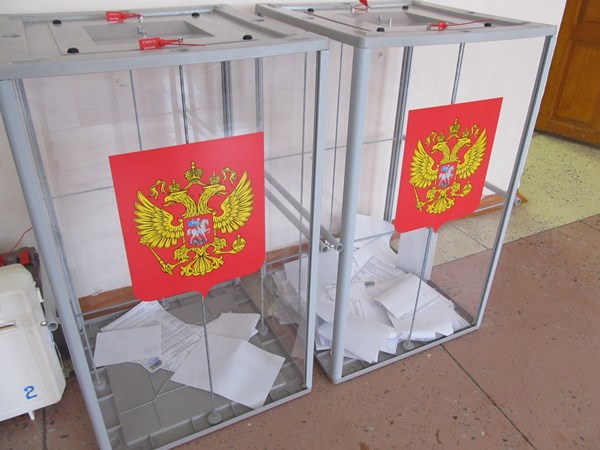Kremlin: Crimean referendum did not violate Ukrainian Constitution
Any referendums on self-determination of Russian regions are prohibited by Russian law, but the "referendum" in Crimea in 2014 did not contradict Ukrainian and international laws, said Russian presidential spokesman Dmitry Peskov.
"This "referendum" was legitimate in essence, from the point of view of international law and in terms of the laws of Ukraine," Peskov said, as quoted by TASS.
According to him, the referendum was allowed, as Crimea, as part of Ukraine, has a special status, including "all legislative and other initiatives of Crimean lawmakers."
At the same time, in response to the remark that the Ukrainian Constitution does not allow regional referendums without consent of the central authorities, Peskov replied that "it is not prohibited."
At the same time, Peskov ruled out even the slightest possibility of holding referendums on self-determination of the Russian regions.
"This (referendum) would be a violation of the Basic Law of the Russian Federation. Since we cannot and should not talk about violation of the Basic Law of the Russian Federation, we do not discuss such a possibility," he said.
Peskov was also asked why the names of the so-called "little green men", who facilitated the "referendum" after the invasion of Crimea, have not yet been disclosed. The representative of the Kremlin explained that "these are people, the vast majority of whom continue to work, to fulfill their duties now. Many of these people work in sensitive areas, so it is normal that their names are not made public."
In February 2014, armed people in uniforms without insignias appeared in Crimea and captured the Supreme Council of Crimea, the Simferopol Airport, the Kerch ferry crossing and other strategic objects, and prevented the Ukrainian army from taking action. Initially, the Russian government refused to acknowledge that these armed people were Russian soldiers, but President Vladimir Putin later admitted it.
On 16 March 2014, a referendum on the status of Crimea was held in Crimea and Sevastopol, in which the inhabitants supposedly voted for the peninsula to become part of Russia. The outcome of the so-called referendum is not recognized by Ukraine, the EU or the US. On 18 March, Putin announced the “annexation” of Crimea to Russia.
International organizations have declared the annexation illegal and condemned Russia’s actions. Western countries have imposed economic sanctions on Russia in connection with the annexation. Russia claims to have “restored historical justice”. Ukraine’s parliament, the Verkhovna Rada, declared 20 February 2014 the start of Russia’s temporary occupation of Crimea and Sevastopol.
